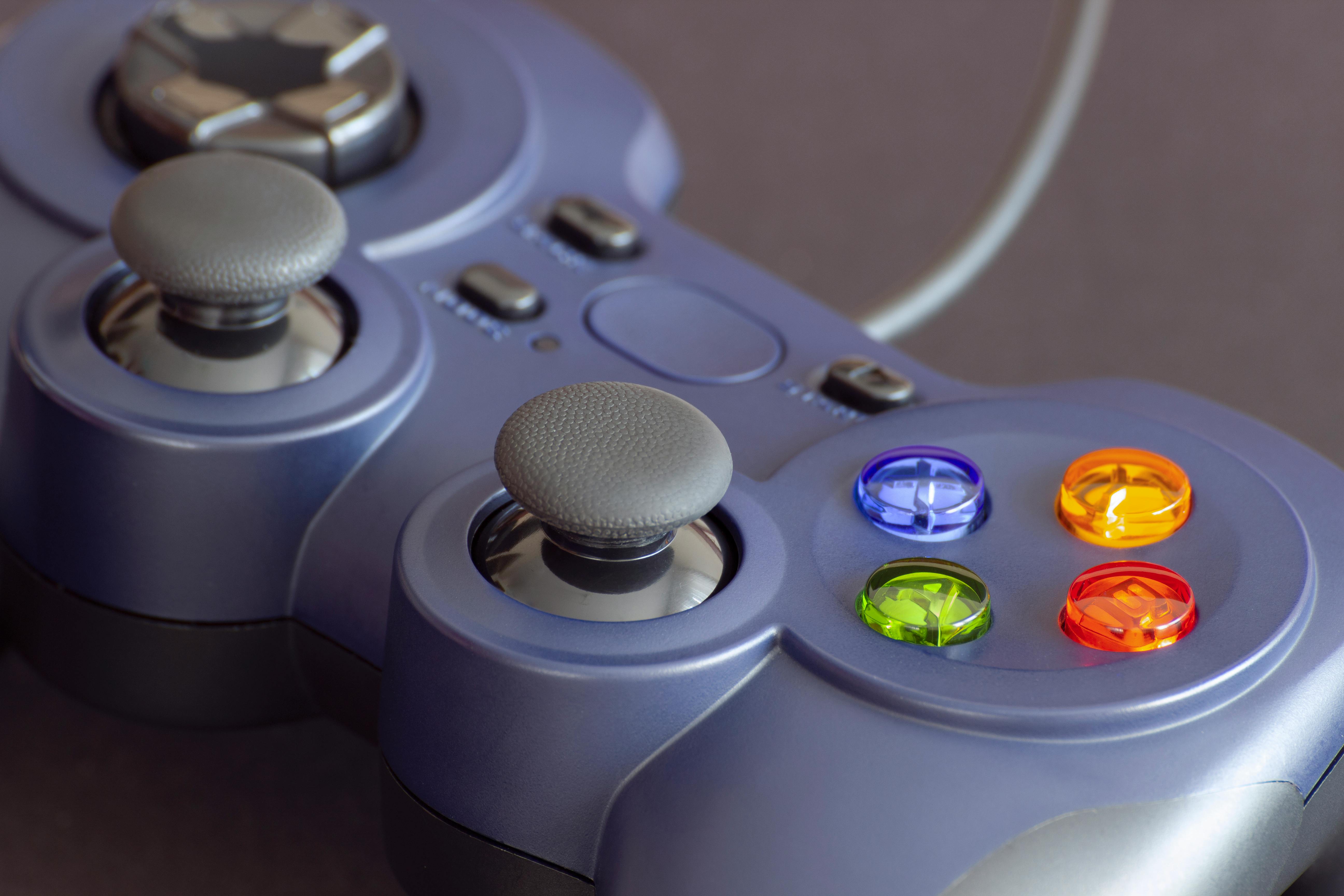
In 2021, Brazil established itself as the largest country in Latin America in the electronic games market, surpassing Mexico.[1] Since then, this market has continued to expand year after year, and currently, the country is ranked 10th in the world gaming market[2]. Many experts attribute the advance of this branch to the COVID-19 pandemic, which changed the daily lives of humanity, restricting us only to the home environment, which made people look for new forms of entertainment and social interaction.[3]
What is certain is that regardless of the reason behind the advances, this exponential growth exists. However, despite the expansion in the economic market, the country still faces some obstacles regarding the legal battles involving the subject. This is because, despite not being such a recent market, it was only in 2024 that the lawmakers bothered to deal with the subject, enacting in May, the legal grounds that rules electronic games.
REGULATION AND CHALLENGES FOR INTELLECTUAL PROPERTY
Law # 14,852/24[4] was enacted on 05/03/2024 with the objective of regulating the manufacture, import, commercialization, development, and commercial use of electronic games, also including devices and accessories used to run games, as well as cell phone applications and websites. In addition, the rule deals with tax and measures to encourage economic business in the sector, and also the protection of children and teenagers.[5]
One of the main changes caused by the new law concerns the definition attributed to "Electronic Games" regarding protection by intellectual property rights, because this law now defines electronic games as both (i) a program or software, and (ii) a console, hardware or device used to transmit the program. It turns out that these two institutes have absolutely different legal natures and forms of protection, since according to the software law, this institute has protection similar to copyright, guaranteeing the owner the rights of integrity of the work.
Thus, the interpretation is that electronic games have come to be protected in multiple ways by law, whether by applied copyrights, possible patent registrations, or even industrial designs. However, it is also important to note that the legal framework added a new item to article 2 of the BR IP Statute, to regulate the granting of registration for electronic games. [6]
This concession is a novelty, since before the enactment of the law, the registration of electronic games was done through software or source codes. Now, with the inclusion of this grant possibility, the BRPTO, as the entity responsible for the registration, is left with the challenge of defining how it will be carried out. [7]
It should be noted that despite the possible practical challenge created for the BRPTO, the granting of specific registration for electronic games came to improve the protection already offered by the software law to these mechanisms, integrating the aspects of intellectual property and protection through patents. Such measure will ensure an expansion of the defense of the rights of developers who are dedicated to this area, encouraging them to continue investing in this industry in Brazil. [8]
In addition, by expanding the grand possibilities of these creations, Brazil seeks to get closer to the international reality regarding the resolution of intellectual property dilemmas in the gaming market. It is possible to say that in the regulatory aspect, Brazil currently resembles the European scenario, simultaneously, both move somewhat away from the regulatory scenario of this market in the USA.[9]
This is because the US seeks to protect intellectual property related to electronic games in individual ways, using patents for various aspects of gaming technology, devices and methods.[10] For example, game engine patents, game device patents, game methods and processes patents, game device hardware patents, game design and interface patents, among other types. That is, forms of protection are created for each of the components that together will give rise to an electronic game, be it the device or the program. [11]
Meanwhile, as already analyzed above, in Brazil and Europe, patents are usually related to games as a whole, and not by each of the parts that make it up. [12]
BRAZILIAN JUDICIARY: SPECIALIZATION IN GROWTH
Moving on to an analysis of the judicial scenario, it is important to understand that, although it has only recently been the subject of attention in the law, the gaming market has been present in the judiciary for some time. And in this sense, it is noteworthy that Brazil currently has a case law under construction.
In legal disputes related to patent infringements in ICT market in general, it is common to notice a decisional pattern, an example is the injunctions granted and confirmed by the Appellate Courts in patent infringement lawsuits[13]. These lawsuits, filed to request the granting of an injunction that determines that the defendants refrain from producing and selling the infringing products, are generally issued on the grounds that (i) the danger of damage or risk to the useful result of the proceeding is evident, and (ii) if the infringing practice persists until the final judgment, once the infringement is proven, the company that owns the patent right will be left in damages.[14]
However, with the recent enactment of this law and the attempt to approach the foreign scenario, it is important that the next steps of the judiciary be observed, since the possible influence that international decisions may have on Brazil at this time is undeniable. In addition, it is important to identify how the Brazilian gaming law itself will influence the judicial scenario.
CONCLUSION
Therefore, Brazil has experience in the subject under construction, and any use of the knowledge already obtained in the ICT scenario, if associated with foreign experience, can reach increasingly satisfactory results for companies and further stimulate the growth of this market. Thus, it is believed that the enactment of the gaming law is extremely positive and will contribute to the solution of the remaining challenges, although with some adversities still to be addressed and solved by the BRPTO.
REFERENCE:
1 Available at: https://sebrae.com.br/sites/PortalSebrae/artigos/mercado-de-games-tendencias-eoportunidades,767cf253be2a6810VgnVCM1000001b00320aRCRD
2 Available at: https://newzoo.com/resources/rankings/top-10-countries-by-game-revenues
3 Available at: https://jornal.usp.br/radio-usp/a-expansao-do-mercado-de-games-brasileiro-se-deve-amudancas-no-modo-tradicional-do-trabalho/
4 Available at: https://www.planalto.gov.br/ccivil_03/_ato2023-2026/2024/lei/l14852.htm
5 Available at: https://www.migalhas.com.br/depeso/407039/o-novo-marco-legal-dos-games--aspectosde-propriedade-intelectual
6 Available at: https://www.dannemann.com.br/noticia.html?slug=entra-em-vigor-o-marco-legal-para-aindustria-de-jogos-eletronicos-do-brasil-entenda-o-que-diz-a-nova-legislacao&#_ftn2
7 Available at: https://www.limafeigelson.com.br/blog-post/a-entrada-em-vigor-do-marco-legal-dosjogos-eletronicos-no-brasil-e-a-alteracao-na-lei-da-propriedade-industrial-lei-no-9-279-96
8 Available at: https://gruenbaum.com.br/nota-marco-legal-dos-jogos-eletronicos-a-alteracao-na-lpi/
9 Available at: https://iprgroup.info/intellectual-property-protection-in-the-gaming-industry-trademarkand-patent-registration-in-one-of-the-fastest-growing-entertainment-industries/
10 Available at: https://www.wipo.int/export/sites/www/cooperation/en/docs/ip-video-games.pdf
11 Available at: https://techlex.bg/intellectual-property-over-software-in-gaming-industry/
12 Available at: https://gu-ips.org/?p=61713 Available at: TJRJ, AI No. 0015914-36.2022.8.19.0000, Rel. Des. Mauro Pereira Martins, 19th CivilChamber, j. 09/29/2022
• What changed: BRPTO; law,. REGULATION AND CHALLENGES FOR INTELLECTUAL PROPERTY Law # 14,852/24 [4] was enacted on 05/03/2024 with the objective of regulating the manufacture, import, commercialization, development, and commercial use of electronic games, also. • Executive impact: Implication for executives: reassess life sciences & IP posture, especially decision ownership and evidence standards across Brazil operations. .• Where to go deep: approvals, registrations, and submission workflows, portfolio/prosecution strategy and FTO reviews. Context: [12] BRAZILIAN JUDICIARY: SPECIALIZATION IN GROWTH Moving on to an analysis of the judicial scenario, it is important to understand that, although it has only recently been the subject of attention in the law, the. • Decisions to make: risk quantification for board reporting, internal standard + proof/evidence model, whether to adjust positions proactively to reduce disputes.• Next steps: run a focused gap assessment; update playbooks/policies; and circulate a 1‑page executive memo (options, tradeoffs, timeline, residual risk, owner).

This section gives quick answers to the most common questions about this insight. What changed, why it matters, and the practical next steps. If your situation needs tailored advice, contact the RNA Law team.
Q: What changed, and why is it not “business as usual”?A: BRPTO law, reframes expectations in life sciences & IP. REGULATION AND CHALLENGES FOR INTELLECTUAL PROPERTY Law # 14,852/24 [4] was enacted on 05/03/2024 with the objective of regulating the manufacture, import, commercialization, development, and commercial use of electronic games, also including devices and. Q: Which parts of the business will feel this first?A: Typically: the operational teams executing the rule (approvals/filings, product/service design, contracting) and the lines that must prove compliance under scrutiny. . Q: What is the main enforcement / dispute risk executives should manage?A: Misalignment between policy and execution plus weak documentation are the usual failure modes. [12] BRAZILIAN JUDICIARY: SPECIALIZATION IN GROWTH Moving on to an analysis of the judicial scenario, it is important to understand that, although it has only recently been the subject of attention in the law, the gaming market has been. Set ownership, define. Q: What should we do in the next 30–90 days?A: Commission a targeted gap assessment; prioritize high-impact processes; update playbooks and controls; and issue an executive memo with options, costs, timing, and residual risk. Align Legal, Compliance, Operations, and business owners on one plan. Q: How does this affect multinational governance and cross-border consistency?A: Use the update to harmonize group minimum standards with local add-ons (Brazil-specific). Define escalation thresholds and avoid country-by-country divergence that creates inconsistent risk postures and undermines defenses.